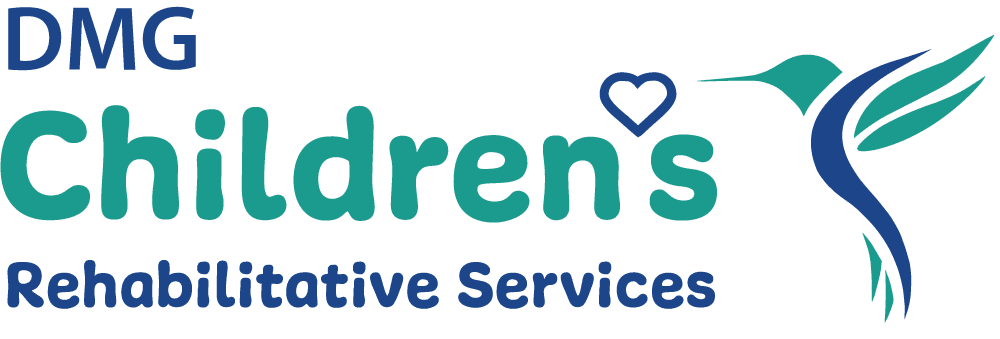Benefits of Breastfeeding for You and Your Baby
By Troy Nelson, MD, pediatrician and medical director, DMG Children’s Rehabilitative Services
Contents:
The baby formula shortage in the United States has prompted the need to find solutions to decrease the risk of a shortage impacting the country again. According to a recent article by NPR, often overlooked in the race to fill the gap is the most natural alternative: mother’s milk.
The American Academy of Pediatrics (AAP) recommends “exclusive breastfeeding for about six months, followed by continued breastfeeding as complementary foods are introduced, with continuation of breastfeeding for one year or longer as mutually desired by mother and infant.” Despite this recommendation, 2018 data published by the Centers for Disease Control and Prevention (CDC) revealed that only one in four babies born in the United States met this target; in Arizona, 50 to 60 percent of babies met this target.
So, why do mothers stop breastfeeding? According to the CDC, how long a mother breastfeeds is impacted by:
- Issues with lactation and latching
- Concerns about infant nutrition and weight
- Mother’s concern about taking medications while breastfeeding
- Unsupportive work policies and lack of parental leave
- Cultural norms and lack of family support
- Unsupportive hospital practices and policies
The Surgeon General’s Call to Action to Support Breastfeeding as well as medical experts in women’s health and pediatrics continue to push education about the benefits of breastfeeding. Let’s look at the benefits to you and your baby.
Benefits of Breastfeeding for Mom
According to HealthyChildren.org, an AAP website, breastfeeding provides emotional, mental and physical health benefits to a mother, including:
Release of good hormones: During breastfeeding, hormones such as prolactin and oxytocin are released which produce peaceful, nurturing, and relaxing sensations that promote bonding with your infant.
Quicker uterus recovery: Oxytocin, released during breastfeeding, helps return the uterus to its regular size more quickly and can reduce postpartum bleeding.
Potential reduced risk of disease: Some studies have found that breastfeeding may reduce the risk of developing breast and ovarian cancers, cardiovascular disease, rheumatoid arthritis, and type 2 diabetes.
Natural contraception: Exclusive breastfeeding delays the return of the mother’s menstrual period, which can help extend the time between pregnancies.
Less expense: Formula can cost four to ten dollars a day or $1460-$3650 annually.
Ease of preparation: Human milk directly from the mother is the right temperature, so no taking time to warm bottles of formula.
Ease of travel: Whether you are going out to run an errand or for the day, no need to bring a bag of temperature-controlled formula.
Environmentally friendly: You get the satisfaction of knowing you are not contributing baby formula cans and packaging to landfills.
Benefits of Breastfeeding for Your Baby
Breast milk provides a baby with ideal nutrition and supports growth and development. According to the CDC, the benefits of breast milk for your baby include:
The best source of nutrition for most babies, because as the baby grows, the mother’s milk will change to meet the baby’s needs.
Shared antibodies from the mother with her baby
Supports proper brain development through docosahexaenoic acid (DHA), a polyunsaturated fatty acid found in breast milk
Helps protect babies against some short- and long-term illnesses and diseases and decreases the risk of:
- Allergies
- Asthma
- Ear infections
- Obesity
- Sudden infant death syndrome (SIDS)
- Stomach viruses or illnesses
- Type 1 diabetes
If you have questions about breastfeeding or want more information, please contact your women’s health provider or pediatrician. We’re here to help you make the right decision for you and your baby and provide the support and resources needed for you to care for your newborn.
This post was originally published on June 8th, 2022 at DMGAZ.org




